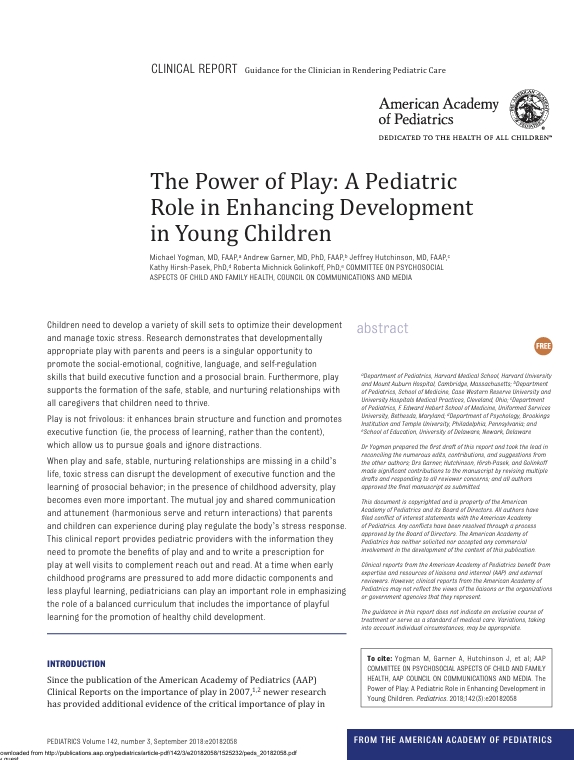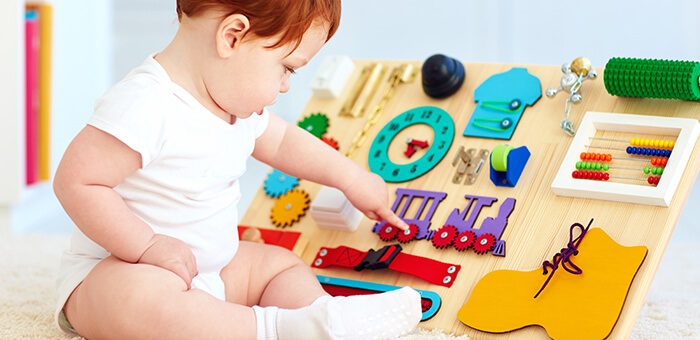It’s noon on Sunday and your teenager—usually an early riser—hasn’t emerged from the dark cocoon of their bedroom. You crack open their door, tiptoe past musty mounds of last week’s laundry, and squint to see your child’s face. They’re still sleeping.
As a parent, it’s natural to worry when your teen’s behavior changes, whether they’ve started sleeping more, seeing friends less, or are picking at their food when they used to have seconds. The good news is that most of the time, these types of changes in behavior are not cause for concern. Still, there’s ample reason for parents to be on the lookout for red flags. According to the Centers for Disease Control and Prevention, an alarming number of adolescents report poor mental health. Nationally, one in six children and adolescents ages six to 17 experiences a mental health disorder; 50% of all lifetime mental illnesses begin by age 14. Untreated, adolescent mental health issues can lead to physical, emotional, and mental health consequences into adulthood.
Because early detection and intervention can help significantly, it’s essential for parents and other family members to support teens by learning about common mental health conditions, understanding the signs that their teen might be experiencing a mental health issue, and familiarizing themselves with ways to begin a conversation with a teen who might be struggling. We assembled the information below to help parents and other family members understand possible red flags and begin these important conversations.
Read the full article on the Harvard Graduate School of Education website.






